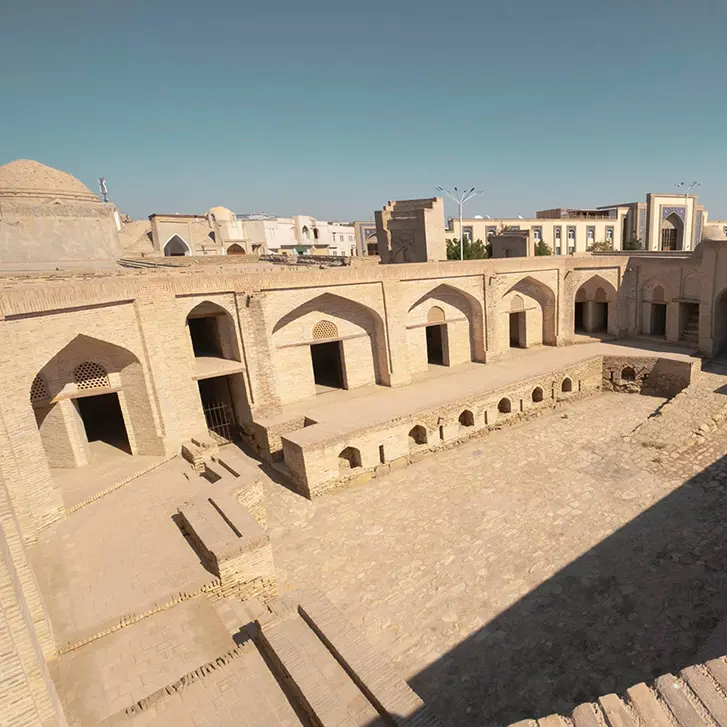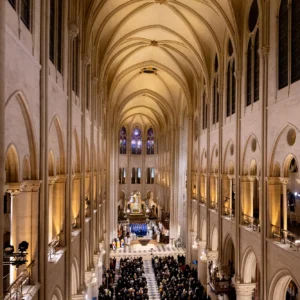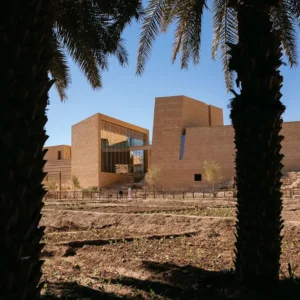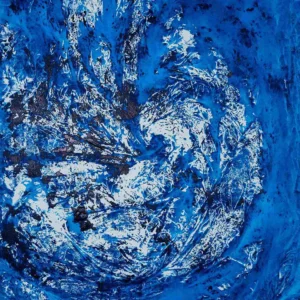Uzbekistan’s first major international biennial, Recipes for Broken Hearts, will take place in Bukhara next year. Organized by the Uzbekistan Art and Culture Development Foundation (ACDF) and curated by Diana Campbell, it will be the largest art event in the country’s history, showcasing local and international artists.
The biennial will feature a diverse range of disciplines, including visual art, performance, architecture, cuisine, sound, and music. The theme, inspired by the traditional Uzbek dish plov, will explore the curative potential of art and culture, focusing on how art can aid in emotional healing through the interplay of time and creativity. The concept originates from a legend that plov was created to heal a prince’s shattered heart, symbolizing the broader idea that art has the power to heal and unite people.
The event will be hosted in Bukhara, a city with over two millennia of history situated along the Silk Road, which fittingly aligns with the theme. The city is undergoing extensive renovation in preparation for the biennial. Named a Creative City of Crafts and Folk Art by UNESCO, Bukhara is renowned for its remarkable Islamic architecture. A variety of installations and performances will take place at significant historic landmarks, blending contemporary art with the city’s rich cultural and architectural legacy.
The biennial is a key part of Uzbekistan’s broader cultural initiative led by Gayane Umerova’s ACDF. Since its establishment in 2017, this government agency has been instrumental in advancing Uzbekistan’s cultural landscape, funding and organizing the biennial along with major projects such as the State Art Museum, designed by Tadao Ando, and the renovation of Tashkent’s Center for Contemporary Art. The ACDF is dedicated to creating lasting frameworks that honor tradition while enhancing access to the nation’s rich cultural heritage.
The Bukhara Biennial will serve as a forum for promoting intercultural communication and understanding in addition to being an exhibition. Through the fusion of ancient and modern customs, the event will highlight the distinct cultural blend that has characterized Bukhara for generations.
The biennial’s emphasis on community involvement, especially concerning the culinary arts’ inclusion, highlights the dedication to examining the nexus between art, culture, and community. The biennial invites people to interact with Uzbekistan’s past, present, and future via the lens of art.





